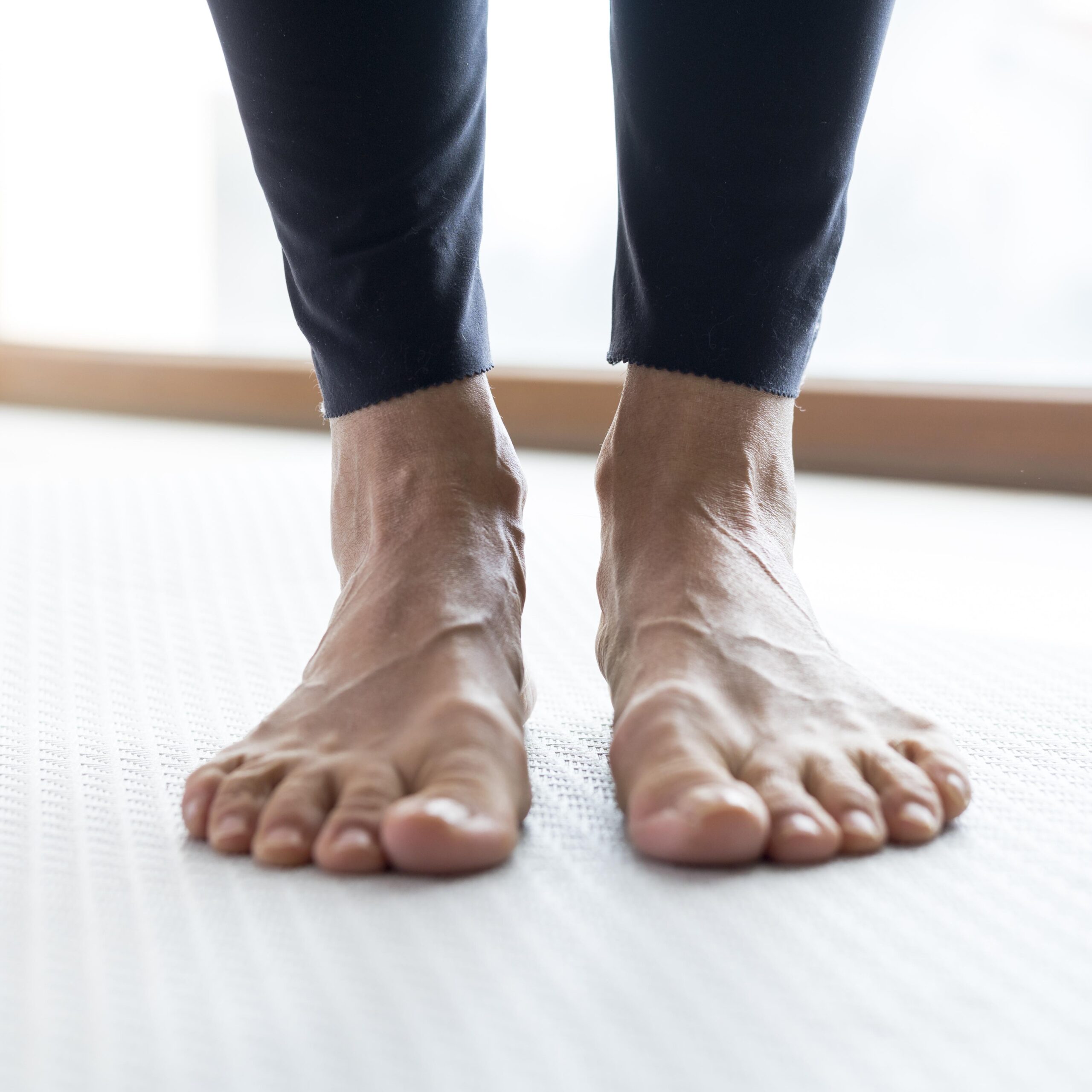Have you ever experienced tingling, burning, or numbness in your hands or feet that just won’t go away? You might be dealing with peripheral neuropathy—a condition that affects the nerves outside your brain and spinal cord. The right peripheral neuropathy treatment can greatly improve your quality of life, but finding it often requires understanding the causes, symptoms, and available therapies.
In this guide, we’ll explore everything from peripheral neuropathy treatment near me searches to advanced medical options, lifestyle changes, and prevention tips.
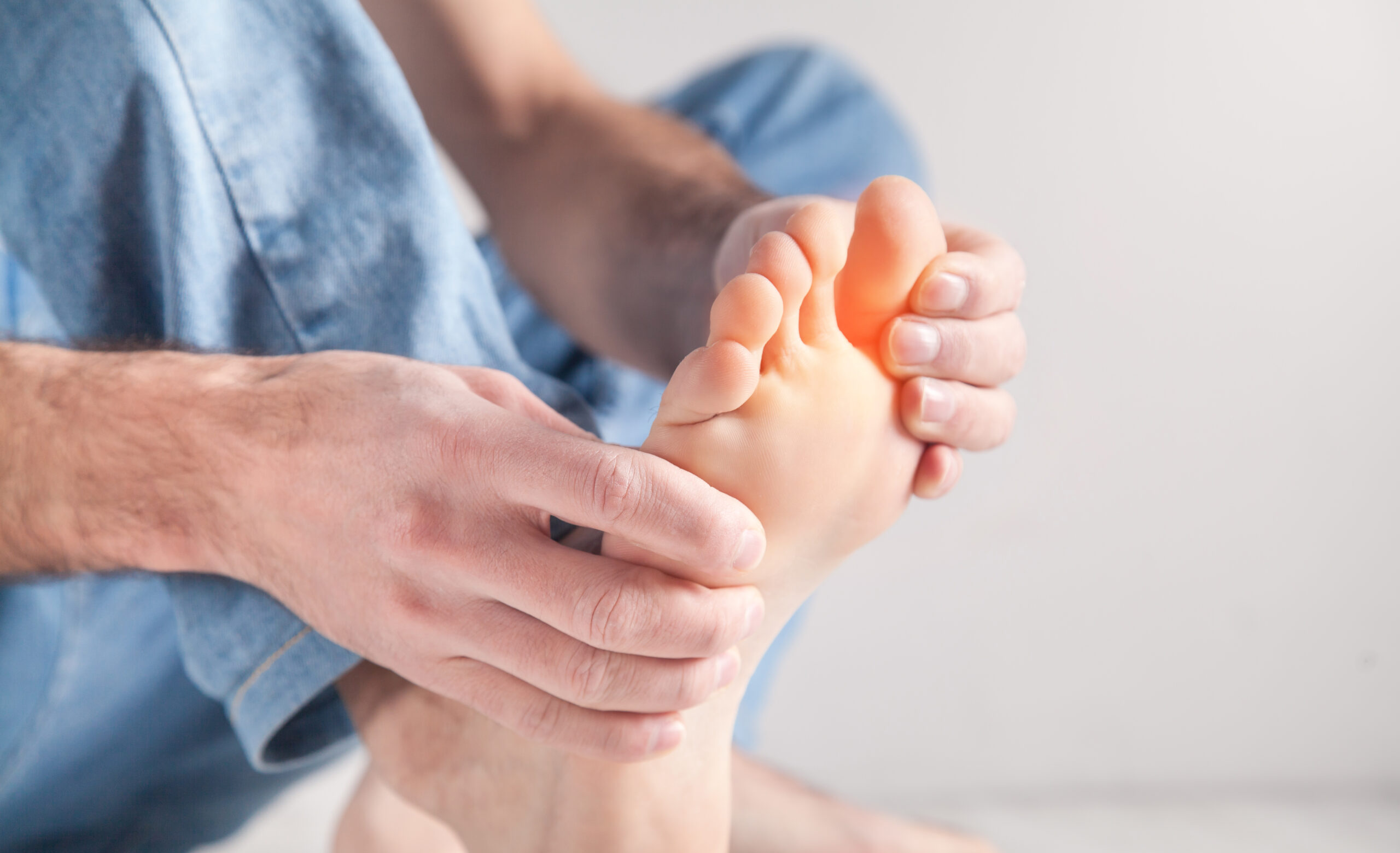
Understanding Peripheral Neuropathy
Peripheral neuropathy occurs when the peripheral nerves are damaged or malfunction. These nerves carry messages between your brain, spinal cord, and the rest of your body. When damaged, they can cause:
- Tingling or numbness
- Sharp, burning, or stabbing pain
- Muscle weakness
- Loss of coordination
The damage can result from various factors, including diabetes, injuries, autoimmune diseases, infections, vitamin deficiencies, and even certain medications like chemotherapy drugs.
Why Early Treatment is Essential
Delaying treatment can lead to worsening symptoms, permanent nerve damage, and complications like balance issues or foot ulcers (especially in diabetic patients). Early diagnosis allows healthcare providers to:
- Identify and treat the root cause
- Prevent further nerve damage
- Manage symptoms effectively
- Improve mobility and quality of life
Top Peripheral Neuropathy Treatment Options
1. Treating the Underlying Cause
Effective management starts with addressing the primary cause:
- Diabetes: Control blood sugar levels
- Vitamin Deficiency: Supplement with vitamin B12, folate, and other essential nutrients
- Infections: Appropriate antiviral or antibiotic medications
- Medication Side Effects: Adjust or change prescriptions under doctor supervision
2. Medications for Symptom Relief
Doctors may prescribe medications to ease nerve pain, including:
- Pain relievers: NSAIDs or prescription-strength options
- Antidepressants: Duloxetine, amitriptyline
- Anti-seizure drugs: Gabapentin, pregabalin
- Topical treatments: Lidocaine patches or capsaicin cream
3. Physical Therapy & Exercise
- Improves muscle strength and flexibility
- Enhances blood circulation to nerves
- Reduces stiffness and discomfort
- Low-impact exercises such as swimming, walking, and yoga are highly beneficial.
4. Advanced Treatments
- Nerve stimulation therapy: TENS (Transcutaneous Electrical Nerve Stimulation) to reduce pain signals
- Plasma exchange & IV immunoglobulin: For autoimmune-related neuropathies
- Surgical options: In rare cases, to relieve nerve compression
5. Lifestyle Adjustments
- Maintain a balanced diet rich in omega-3 fatty acids, antioxidants, and vitamins
- Quit smoking to improve circulation
- Limit alcohol intake
- Wear comfortable, supportive footwear
Peripheral Neuropathy Treatment Near Me: How to Find the Right Care
Searching for peripheral neuropathy treatment near me can connect you to local healthcare providers specializing in nerve disorders. When choosing a clinic:
- Check if they offer neurology and vascular health expertise
- Ask about diagnostic testing like EMG and nerve conduction studies
- Look for personalized treatment plans
- Read patient reviews for credibility
Specialized hospitals, such as Asian Vascular Hospitals, provide comprehensive diagnosis and advanced treatment options for nerve damage.
Self-Care Tips to Support Treatment
- Foot care: Inspect feet daily for wounds or infections
- Pain management techniques: Heat/cold therapy, gentle massage
- Stress management: Meditation, breathing exercises
- Regular check-ups: Monitor nerve health and treatment progress
Possible Complications Without Treatment
- Severe, chronic pain
- Loss of sensation leading to unnoticed injuries
- Balance problems and increased fall risk
- Permanent disability in extreme cases
Prevention Strategies
- Keep blood sugar levels in check
- Eat a vitamin-rich diet
- Exercise regularly to improve circulation
- Limit alcohol and avoid toxins
- Address infections and health issues promptly
Frequently Asked Questions (FAQs)
The most effective approach is treating the underlying cause combined with symptom management—often a mix of medications, physical therapy, and lifestyle changes.
A neurologist or vascular specialist with neuropathy experience is ideal.
Yes. Low-impact exercises improve blood flow, reduce pain, and support nerve function.
Search online for local neurology or vascular clinics, check reviews, and ensure they offer advanced diagnostics and personalized care.
Foods high in B vitamins, antioxidants, omega-3 fatty acids, and lean proteins help maintain nerve function. Asian Vascular Hospitals.
Peripheral neuropathy can be painful and disruptive, but with the right treatment approach, it’s possible to control symptoms, prevent complications, and improve your quality of life. Whether you’re searching for peripheral neuropathy treatment near me or exploring home remedies, early action is the key to better outcomes.
Take the first step towards relief—visit Asian Vascular Hospitals today for expert care.
Recent Posts
- All Post
- blog
Related posts:
 Trusted Vascular Hospital in Hyderabad: Where Advanced Care Meets Compassion
Trusted Vascular Hospital in Hyderabad: Where Advanced Care Meets Compassion
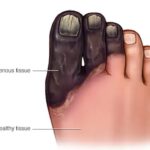 Gangrene Treatment in Hyderabad: Expert Care to Save Limbs and Lives
Gangrene Treatment in Hyderabad: Expert Care to Save Limbs and Lives
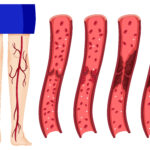 Best Vascular Surgeon Near Me – Expert Care at Asian Vascular Hospitals
Best Vascular Surgeon Near Me – Expert Care at Asian Vascular Hospitals
 Vascular Surgeon Meaning – Who They Are & What They Treat
Vascular Surgeon Meaning – Who They Are & What They Treat
 Surgical Treatment for Varicose Veins – Walk Pain-Free Again
Surgical Treatment for Varicose Veins – Walk Pain-Free Again
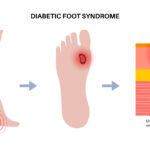 🦶 Diabetic Foot Ulcer – Causes, Risks & Advanced Treatment Options
🦶 Diabetic Foot Ulcer – Causes, Risks & Advanced Treatment Options
 Peripheral Neuropathy Doctors Near Me: How to Find the Right Specialist
Peripheral Neuropathy Doctors Near Me: How to Find the Right Specialist
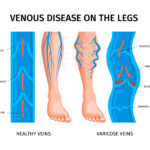 Varicose Vein Ulcer Treatment: Causes, Care & Advanced Options
Varicose Vein Ulcer Treatment: Causes, Care & Advanced Options





